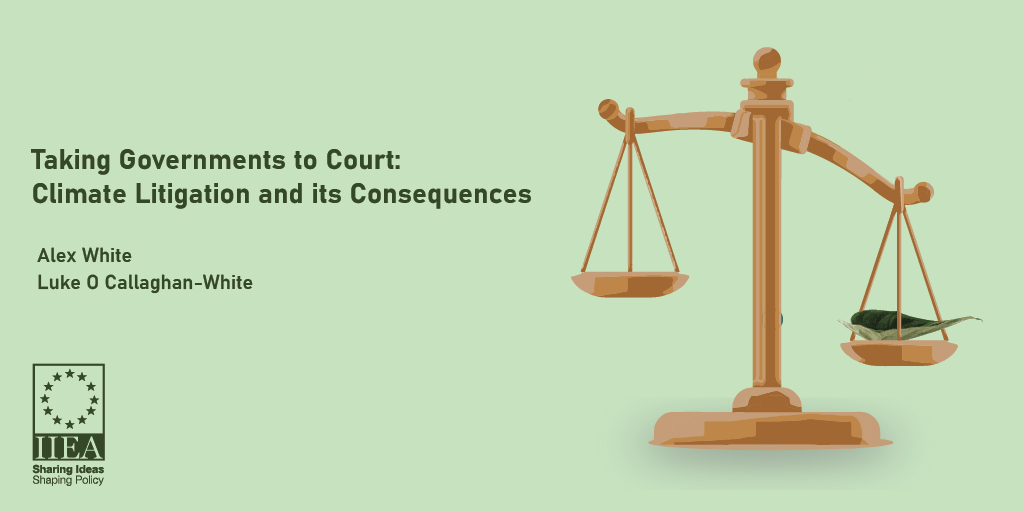Taking Governments to Court: Climate Litigation and its Consequences

The volume of climate cases brought against national governments is on the rise. In many such cases, courts have found in favour of those endeavouring to force states to radically improve on commitments to tackle the effects, and limit the extent, of anthropogenic climate change. Climate policymaking is not a matter for the judiciary, but where policy has been formed, courts can have an important role in its supervision and enforcement. This paper begins by offering a detailed assessment of three landmark European cases: the Urgenda case (2019), taken in the Netherlands; the Friends of the Irish Environment case in Ireland (2020); and Neubauer et al in Germany (2021).
The three cases assessed in this paper produced landmark judgments over a strikingly short period between December 2019 and April 2021. Taken together, they demonstrate the significant potential of court intervention in this field. Despite the variations in legal systems and traditions, these cases confirm the emergence of a strong interventionist trend in the approach of domestic courts in Europe to the issue of climate change.
The paper then examines the policy implications of these rulings. We show that climate litigation can lead to the implementation of significant policy changes. The paper concludes by arguing that with each successful climate case taken against a state, the corpus of international jurisprudence grows and reverberates, creating a ‘domino effect’ in climate litigation. Each judgment adds to the resource base of case law that can be cited in the future, serving to intensify the pressure on policymakers to ensure that their climate action plans are robust and implementable. We argue that this will heighten the sensitivity of policymakers and significantly increase the evaluation of government action (and inaction) on climate change - beyond the electoral cycle.
